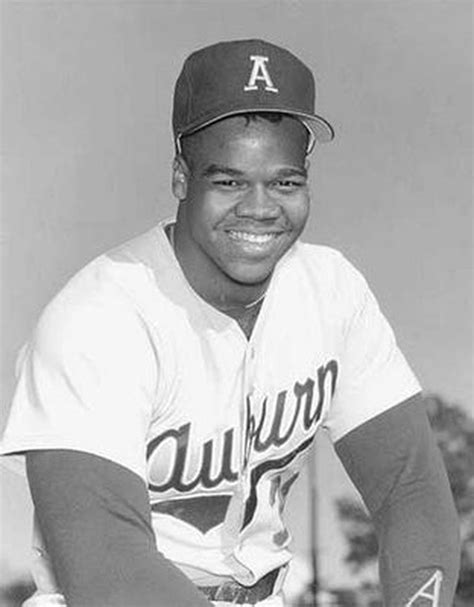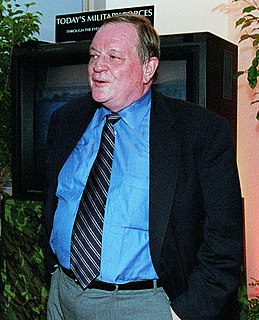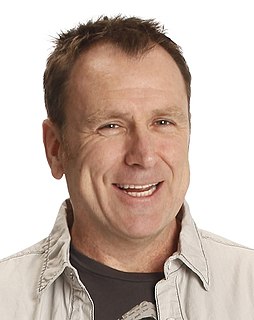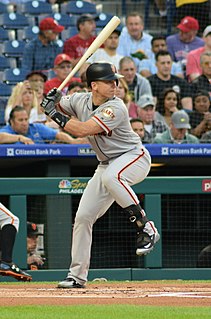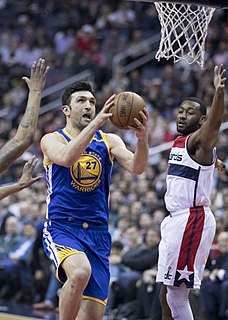A Quote by Frank Barron
The refusal to choose is a form of choice; disbelief is a form of belief.
Related Quotes
There are, however, exceptions to this reliance on feelings as evidence of truth: if, for instance, your feelings lead to disbelief instead of belief, they're apt to be dismissed as some form of denial. This is not a common problem. Usually intellectualism, not feeling reality, is blamed for disbelief. But, some angel experts suggest, there may be emotional as well as intellectual barriers to belief: unwillingness to believe in angels can reflect low self-esteem.
In architecture, to do anything beyond object form is often treated as something extra-disciplinary - something outside the discipline that has nothing to do with art. So I'm making it clear that this is an artistic choice. It's not everyone's artistic choice. Some people should choose only to make object form because that's what gives them pleasure. But there are people for whom aesthetic pleasure comes from doing something else, and why would you deny that choice? It's another autonomous choice.
Through death you find yourself, because you no longer identify with form. You realize you are not the form with which you had identified neither the physical nor the psychological form of "me". That form goes. It dissolves and who you are beyond form emerges through the opening where that form was. One could almost say that every form of life obscures God.
The birth of excellence begins with our awareness that our beliefs are a choice. We usually don't think of it that way, but belief can be a conscious choice. You can choose beliefs that limit you, or you can choose beliefs that support you. The trick is to choose the beliefs that are conducive to success and the results you want and to discard the ones that hold you back.
We do not choose political freedom because it promises us this or that. We choose it because it makes possible the only dignified form of human coexistence, the only form in which we can be fully responsible for ourselves. Whether we realize its possibilities depends on all kinds of things — and above all on ourselves.
It’s sad. Marxism didn’t work. Communism didn’t work. Capitalism doesn’t work. Nothing works. Even democracy doesn’t work. Democracy-the greatest form of government and we have two choices for who’s our leader. In fascism you only have one choice. That’s great. We have one more choice than the worst form of government.
When you work in form, be it a sonnet or villanelle or whatever, the form is there and you have to fill it. And you have to find how to make that form say what you want to say. But what you find, always--I think any poet who's worked in form will agree with me--is that the form leads you to what you want to say.
